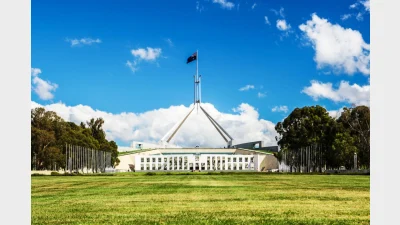Industry funds positive on funding social housing



The Australian Institute of Superannuation Trustees (AIST) has strongly reiterated its view that superannuation should not be used to help first-home buyers enter the housing market.
Amid continuing speculation that the Federal Government is contemplating opening the way for the use of super by first home-buyers, AIST chief executive, Eva Scheerlinck warned that such a move would simply drive prices higher while leading to poorer retirement outcomes for young people.
“Tapping into super is completely counter to the Government’s own objective for super,” she said. “The purpose of super is to enhance people’s capacity to support themselves in retirement, not to throw money at the housing crisis and further drive up prices.”
The AIST pointed to work recent undertaken by independent economist, Saul Eslake warning that tapping into super to buy a home would most likely see young people left worse off financially.
“Australia’s deteriorating housing affordability is a complex problem that requires a credible policy framework rather than short-term, flawed thinking, which could actually make the problem worse,” Scheerlinck said.
She said the Government needed to consider a range of measures to improve housing outcomes, including measures to facilitate investment by superannuation funds into the social housing market.
“AIST is encouraged that the Government recognises the need for more social housing, however it also needs to recognise that such investments need to have appropriate levels of government support for them to be viable,” Scheerlinck said.
Industry Super Australia (ISA) also supported superannuation fund investment in social housing but dismissed outright suggestions that super could be used by first home-buyers to finance their homes.
Recommended for you
ASFA has launched a central online hub to help super funds, employers and service providers prepare for Payday Super reforms.
The Super Members Council is calling on the government and regulators to impose additional safeguards to prevent superannuation switching harm and has put forward multiple suggestions for improvements.
The Assistant Treasurer has reaffirmed the government’s commitment to strengthening retirement outcomes, consumer protections and cyber resilience in superannuation.
The industry super fund has advanced reconciliation efforts with a new initiative focused on improving outcomes for First Nations members.









